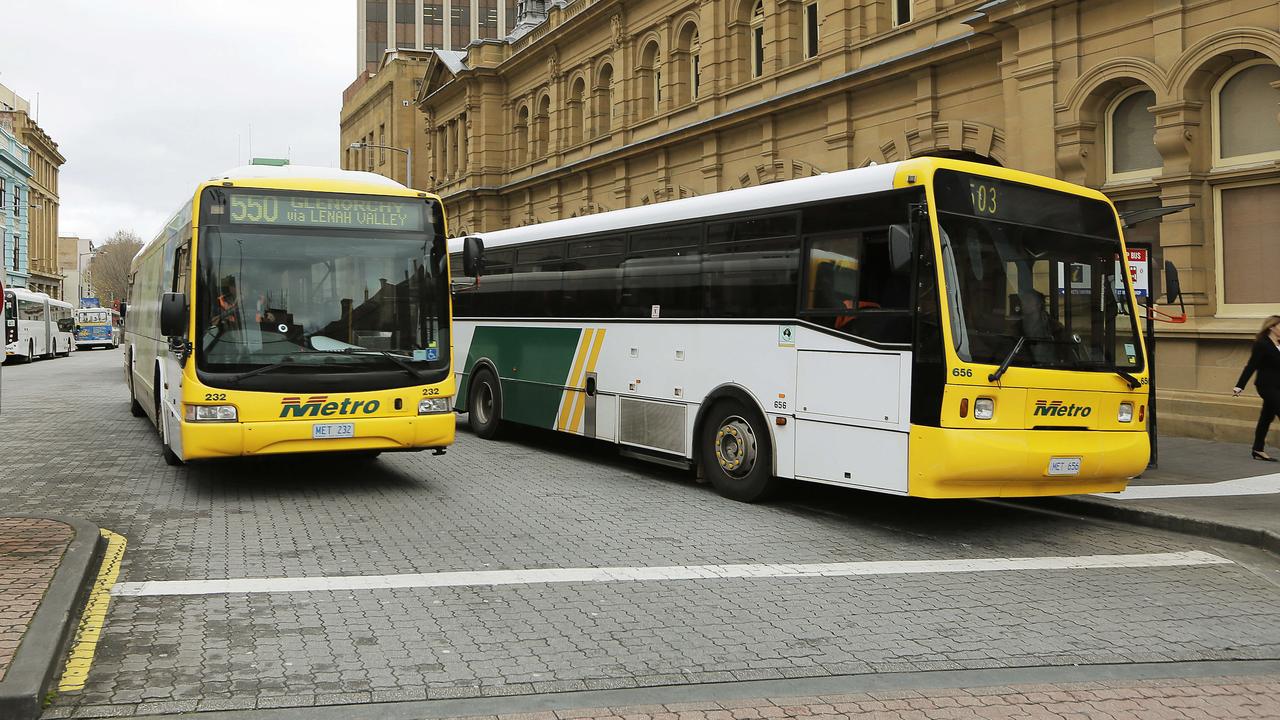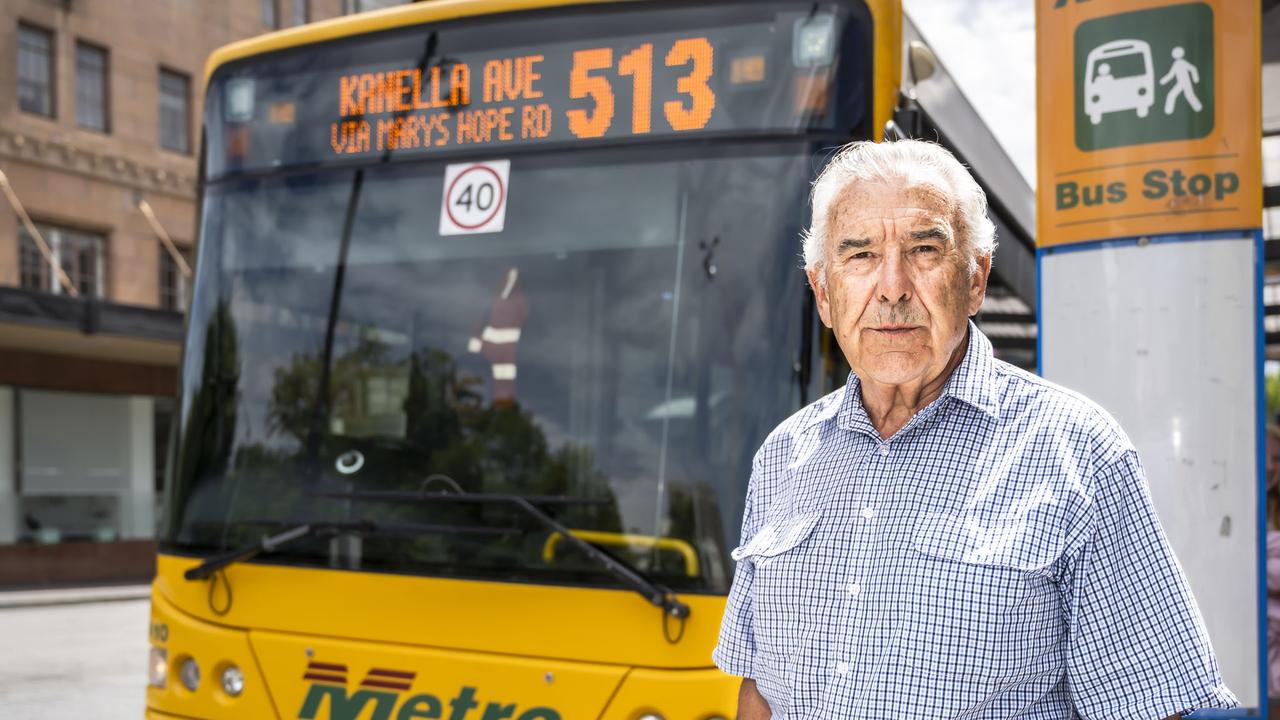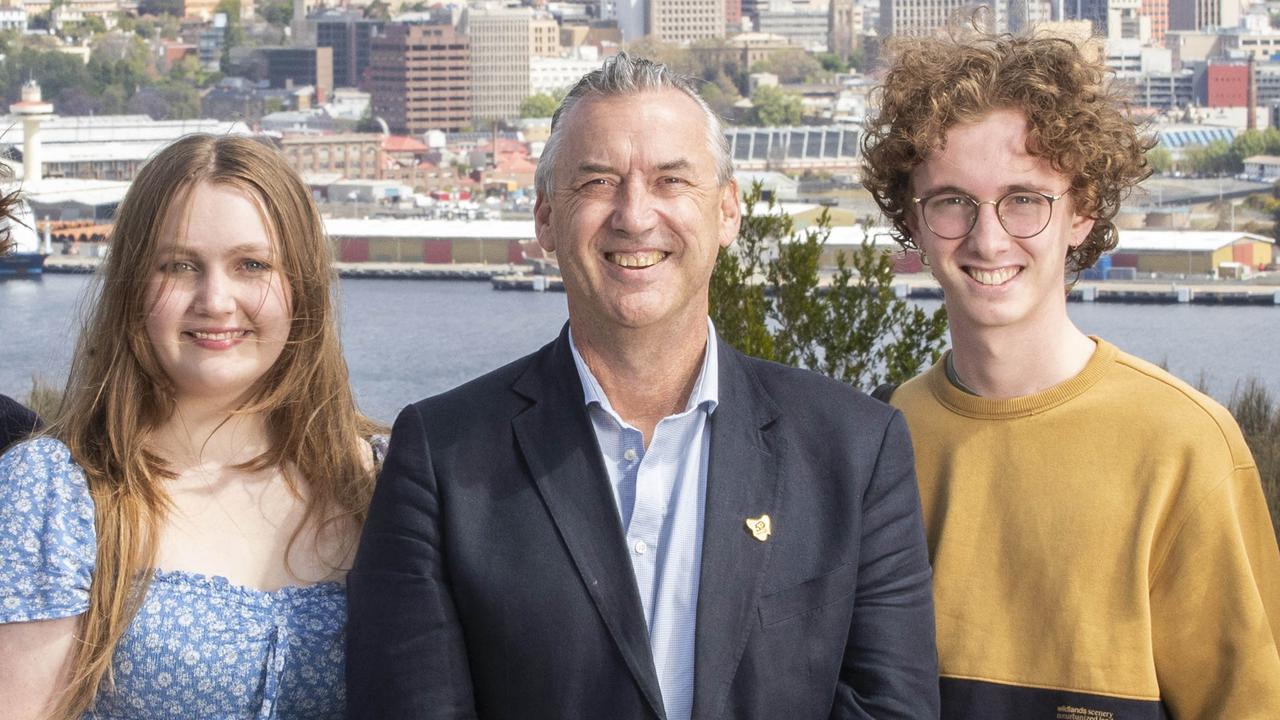Committee for Greater Hobart makes public transport a priority issue, says city ‘culture shift’ needed
A high-powered committee seeking to help shape Hobart’s future is training its focus on public transport in the city, saying it’s seen as a “second-class alternative to the motor vehicle”.

A high-powered independent think tank seeking to help shape Hobart’s future is training its focus on public transport after consistently hearing residents express their desire for safe, affordable and accessible alternatives to driving a car.
The Committee for Greater Hobart (CFGH), which officially launched in October last year, is the 23rd body to be formed under Australia’s Committee for Cities model and is led by industry and community leaders.
Chair Dan Norton, the former secretary of the Department of Premier and Cabinet, said the committee had recently hosted a transport scoping workshop, where members and stakeholders shared their views on the challenges and opportunities facing the region when it came to public transport and the city’s car-centric culture.
“You get some particular areas where there’s a deficit in public transport. People need local public transport, it’s not [just] public transport from [the suburbs] to the city,” he said.

“Half the time, it’s just getting to the local doctor. All of a sudden, the whole concept of what public transport is in those areas is different from just a bus going from Bridgewater into the city.”
CFGH CEO Danny Sutton said four principal themes had emerged from the committee’s transport workshop: the need for a transport culture change; clarity around the sector’s governance; and a focus on the social and environmental dimensions of transport.
“One of the key themes was that [public transport is] seen as a second-class alternative to the motor vehicle,” he said.
“Unless you shift the culture and behaviour and can address some of these things that are preventing people from stepping onto buses, then you just get stuck.”
Mr Sutton said the state government’s plans for an expansion of the Derwent Ferry service and the introduction of a rapid bus transit network were positive but “ultimately it’s about getting things off the ground”.
“We seem to falter at that point often, whether it’s funding or oversight. People want to see the results, they want to be involved in change. They don’t want to sit back and just see a plan,” he said.

The CFGH is currently incorporating participants’ views from the transport workshop into a submission it will lodge as part of the consultation around the state government’s Keeping Hobart Moving draft plan, which seeks to outline a long-term vision for the city’s future transport system.
Just 6.4 per cent of journeys to work across Greater Hobart – which is the most car-dependent capital city in the country – are taken via public transport and the government is aiming to increase this to 10 per cent by 2030.
The public feedback period for the draft plan closes on January 31.
Directors of the CFGH include University of Tasmania Vice-Chancellor Rufus Black, RACT boss Mark Mugnaioni, and Colony47 CEO Dianne Underwood.
The Mercury is a foundation member of the committee.





